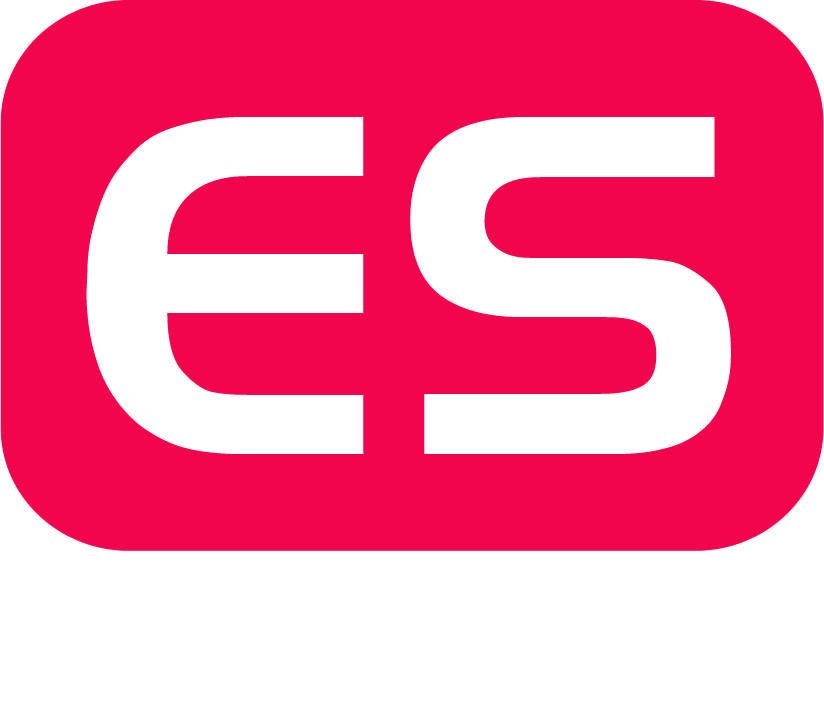There is no limit to what quantum computing will do in the future, whether it has merged with the real world or is expanding in the future. It is believed that this technology has the power to change everything from healthcare to finance industries. As quantum computing is being developed, more and more companies and research institutions are in need of professionals in this field. But if you want to establish your career in quantum computing today, what skills will you need, let us know those skills today.
1. Good Understanding of mathematics
The basic foundation of quantum computing is based on advanced mathematics. Concepts like complex numbers, linear algebra, probability are very important for quantum algorithms and programming. Classical computers work on binary (0 and 1), but quantum computers use "qubits" that can be in multiple states at a time. To understand this, your knowledge of mathematics should be very strong.
2. Have strong knowledge of Quantum Physics
It is based on quantum mechanics, so you must have basic knowledge of quantum physics. You don't need to be like a physicist at all, but you should know concepts like superposition, entanglement, or quantum tunneling, which will be very helpful to you, this may seem a little complicated but you can learn more about it in starting courses and more. Its basic knowledge can be obtained through resources.
If at this time you are studying computer science or your background is in computer science, then studying a little quantum physics can be very beneficial for you. This will make your basic knowledge stronger.
3. Skills of Programming
Just as classical computers require the help of programming, quantum computers also require programming. But for quantum computing we take the help of different languages or tools. Some common languages are necessary for quantum programming: such as
Qiskit (by IBM): Quantum programming requires a leading framework that works with IBM's quantum computers.
Cirq (by Google): A popular platform for research that is used in the development of quantum algorithms.
Micosoft's Q#: It has been specially designed by Microsoft for quantum computing.
It is important to strengthen your knowledge of these tools if you want to develop or run quantum algorithms. All these platforms offer you many tutorials, with the help of which you can learn coding even without a quantum computer.
4. Algorithms Development or Problem-solving
The goal of quantum computing is to solve problems in a new way. Although classical computers are no less, they can also do many tasks easily but quantum computers can do some specific complex problems like factoring of large numbers or simulation of molecules very quickly, hence the development of new algorithms which take advantage of the power of quantum computing, it is a very important skill.
To progress in this field, you will have to be creative as well as analytical. This is not just coding, but also helps you to frame your problems in a way that quantum computers can easily solve.
5. The spirit of adaptability or learning
See, Quantum computing is not a pudding which can be eaten whenever desired or fed, it is a skill to keep studying, being a new field its technology and knowledge is evolving a lot. People who are interested to work in this field, The habit of adaptable and continuous learning should be inculcated, with the way and the speed which this field is developing- new tools, languages and methods are sure to come, and you will also have to stay up-to-date with these changes.
Follow leading quantum research, attend workshops or join quantum computing communities today, this will help you a lot in learning quantum computing quickly.
6. Cross-functional Collaboration
Quantum computing is considered a cross-functional field – it is the intersection of computer science, physics, engineering and even chemistry. Many discoveries are made through collaboration where experts working in different fields come together and work. For example, quantum computing will be very helpful in drug discovery, where professionals with a background in chemistry will work together with quantum programmers to solve molecule simulations.
If you want to be a valuable asset in the quantum computing world, it is great if you are able to collaborate with professionals from different fields or communicate your complex ideas clearly to them.
7. Information of Classical Computing
Just as having two people of the same profession does not make someone's value more or less, in the same way the importance of classical computers did not diminish significantly with the advent of quantum computing technology. Quantum computers will not completely replace classical computers. Both systems will support each other. Which together can complete such tasks which a classical computer cannot do alone.
If you understand how classical or quantum systems complement each other, it will be much easier for you to better understand the computational landscape.
8. Keen interest in innovation and research
Many discoveries in quantum computing are being made with the help of research institutions and tech companies. If you are interested in cutting-edge technology, quantum computing offers you exciting opportunities.
Governments and companies are investing heavily in quantum research, so whether you are interested in working in academia or in industry, there are plenty of opportunities for innovation here.
Summary
Establishing your career in quantum computing is no joke, it requires passion for learning or taking challenges along with technical expertise. But if you understand it properly then its opportunities are limitless. Quantum computing will completely reshape industries or solve problems that could not be solved before.
The future to come will depend on quantum computing. If you work on these skills then you can be a part of this revolution.
FAQ
Question: What background is necessary to make a career in quantum computing?
Answer: To make a career in quantum computing, it is very important for you to have good knowledge of mathematics, programming, or basic quantum physics, if your background is in computer science, physics, or engineering, then you can go far in this field. Start strengthening your basics from today onwards.
Question: Do I need to learn quantum programming languages for this?
Answer: Yes, for Quantum computing it is very important to learn specific programming languages like Qiskit, Cirq and Q#. These languages are used to develop quantum algorithms.
Question: In which industries are jobs available in quantum computing?
Answer: Quantum computing is used in many industries, such as healthcare, cybersecurity, drug discovery or finance. Research institutions and tech companies are also demanding experts in this field. This is going to be a high paying skill job in the future.
Question: What is the roadmap to learn quantum computing?
Answer: For this, you can start by understanding the concepts like basic quantum mechanics or mathematics like linear algebra or probability, after that you can also get practical knowledge on quantum programming platform like Kiskit or Cirq.



